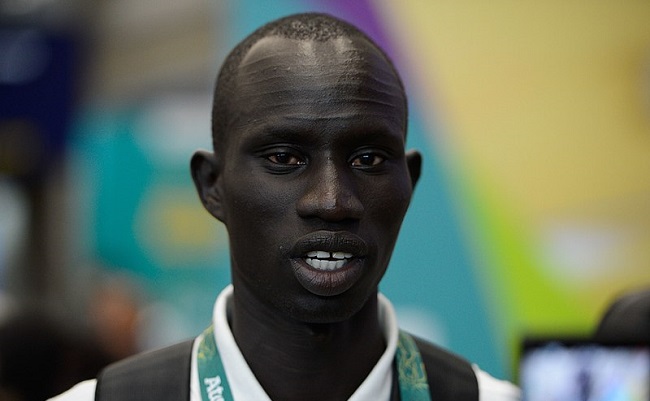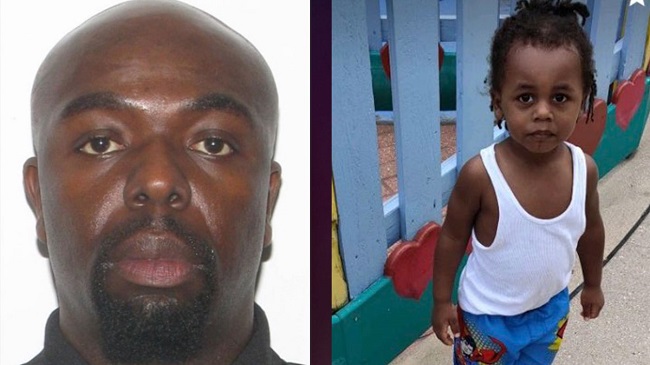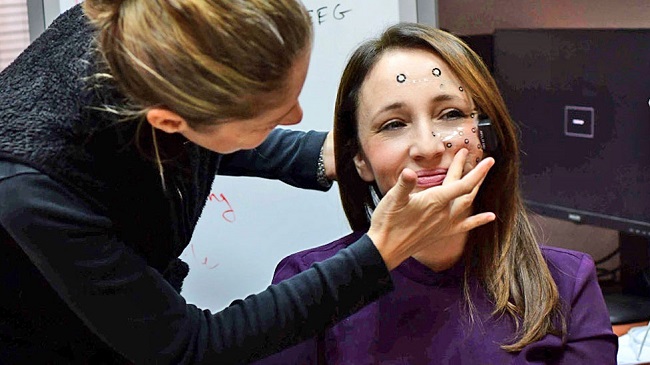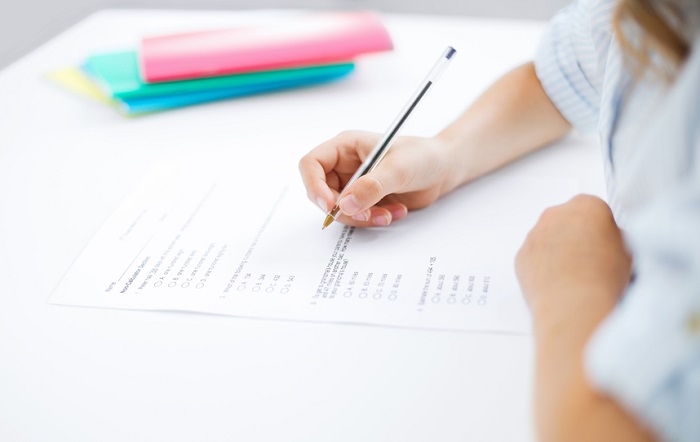Are you stuck on your research paper because you do not know what the hypothesis is or how to write the hypothesis? Well, worry not guys because we are here for you. Since you already clicked on the article then you most probably know what it is about.
So let us begin the article by telling you what a hypothesis actually is. Most of you might just know about this but we are still going to explain because we want to cover all the bases for people who do not know. So let us start.
What Is a Hypothesis?
A hypothesis is a prediction of what your research is going to result in. It is a predictive answer to your research question. For some projects, there is only one hypothesis that needs to be written while for some other projects you need more than one hypothesis.
How To Write a Hypothesis?
Now you must make yourself clear of the fact that the hypothesis is not a conclusion of the research. It is a prediction, done before the research is actually carried out. However, it is not simply a guess either.
It is based on prior knowledge and existing information. If you want to know how to make a good hypothesis then you are in the correct place. Keep on reading this article to find out more.
1. Developing a Hypothesis
The development of a hypothesis is not so hard as people make it to be. If you complicate things by your way of thinking then obviously it is going to get complicated. Let’s not do that here.
It can be a pretty simple process to develop a hypothesis if you just know the steps about it. So try to develop the hypothesis in a step-by-step procedure. If you are not so sure about it then you should ask for help.
2. Ask a question
First comes the research question. This is the foremost thing that you need to consider before you can even start your hypothesis. This all makes sense when you think about it. A hypothesis is not a question, it is an answer to the question.
A statement to be precise. So if there is no question in the first place then how can you write the answer in the form of a hypothesis. So first you need to find your research question before you proceed with the hypothesis.
3. Be logical and use precise language
You have to be precise and logical in your language while writing a hypothesis. A hypothesis is a statement and not a question. It will allow you to write down what you are doing and what is the end result that you are getting from the experiment or question say.
Now you would want others to know what this is all about so you need to use simple language that common people can also understand.
The teachers or judges or even spectators can be quite happy to see that an easy-to-understand explanation is given in simple language.
4. Do some preliminary research
Research is important. We told you earlier that the hypothesis is not just a guess. You can write a hypothesis before a test is done. It can sound bizarre but it is plausible. You just need to research what is already known to the cause. Previous studies and theories can be very useful in this matter.
You will study them and then make an educated guess based on what you research. Do not just jump into it. Take your time and then form your hypothesis.
However, you should make sure that you are not going off the topic road too much while researching. That might affect the conclusion you draw.
5. Formulate your hypothesis
The next step is the most important. It is like the main part of the meal. You have to actually write down your hypothesis in this part of the process. Be precise and clear in making them part of your hypothesis legible.
6. Refine your hypothesis
Refining is a part of the process. It is there to make sure that your hypothesis is testable and can not to ditched by anyone. It is similar to polishing off a piece of artwork for the final touches.
There are several ways in which you can write a hypothesis. There are so many that we can not name all of them here, it will take pages to explain.
However, the most ideal way to write your hypothesis is to use words that will have a clear definition and people can easily understand it.
We can not stress enough how important it is to have good and easy language for your hypothesis. We probably have said it before and we are going to say it again because it’s just that important. Your hypothesis should overall contain –
- The relevant variables.
- The group being studied.
- The predicted outcome of the experiment or research.
7. Make sure your hypothesis is testable
No matter what hypothesis you are writing or in what way you are writing it. Your hypothesis has to have proof otherwise it is not considered to be testable at all. The hypothesis states that you are getting needs to be backed up by some kind of evidence.
If there is no evidence then you will find that the audience is getting it hard to believe your hypothesis. If you are going to make them believe in your hypothesis statement then make sure that you do not skip out on this part.
There is an extreme need of the hypothesis to be testable. That’s the bottom line. You can not ignore it.
8. Phrase your hypothesis in 3 ways
Well, now you need to write your hypothesis in at least three different ways. For the convenience of yourself and the reader, you can write the prediction in the if then form. The first part of the sentence is going to be the independent variable while the second part will be the dependent variable.
However, in academic research hypothesis are common phrases in terms of correlations or effects. This will show the direct link or relation between the variables. The relation is however just predicted.
If you are comparing something like two groups then the hypothesis can be in the form of a difference that you hope to find between the two groups or items.
9. Write a null hypothesis
This is not always necessary but if your research is including statistical hypothesis testing, you have to write a null hypothesis too. Wondering what a null hypothesis is? Well, it is a position where there is no association between the two variables in the research.
The null hypothesis is there for a kind of comparison. This is not needed in most of the hypothesis but is required for a specific set. If you are going to use it then the null hypothesis is written as H0
10. Hypothesis tips
Here are some tips about hypothesis that you can check out. Some might be known to you already but still, we are hoping to get your attention by listing these hypothesis tips. If you didn’t know them already then check them out, it is for your own good –
- The question comes first. So you need to figure out your question even before you start your hypothesis.
- A hypothesis is not a question. It is a statement. Do not confuse the two. It is a prediction of what will happen.
- A good hypothesis is made with clear and easy language. It should be legible to people who are going to read it. No need to complicate it beyond the means. It is better to keep it simple by using easy language and simple words.
- Keep the variables in mind. A good hypothesis will once again have a clear indication of the different hypothesis. What happens in the beginning and through the experiment and what happens at the end should be noted in the hypothesis.
- Your hypothesis should also be testable. We have mentioned this before too. So you will have to make sure that there is a way to test your hypothesis.
Conclusion
We hope that this article has been useful to you. We tried our best to explain it in the simplest of words we could possibly think of so that people of different ages can understand what we are talking about. And it is also said that being simple is the best so hopefully you got all that.
Thank you for giving this article a read by selecting this site. If you are satisfied with the article then please do share it with the other people you might know who is looking for a guide to help them with their hypothesis.
That would be a great help to us too and we would be grateful for that. Thank you once again. Do your best. We know that hypothesis can be difficult to write but not impossible. Have a good day!


















































